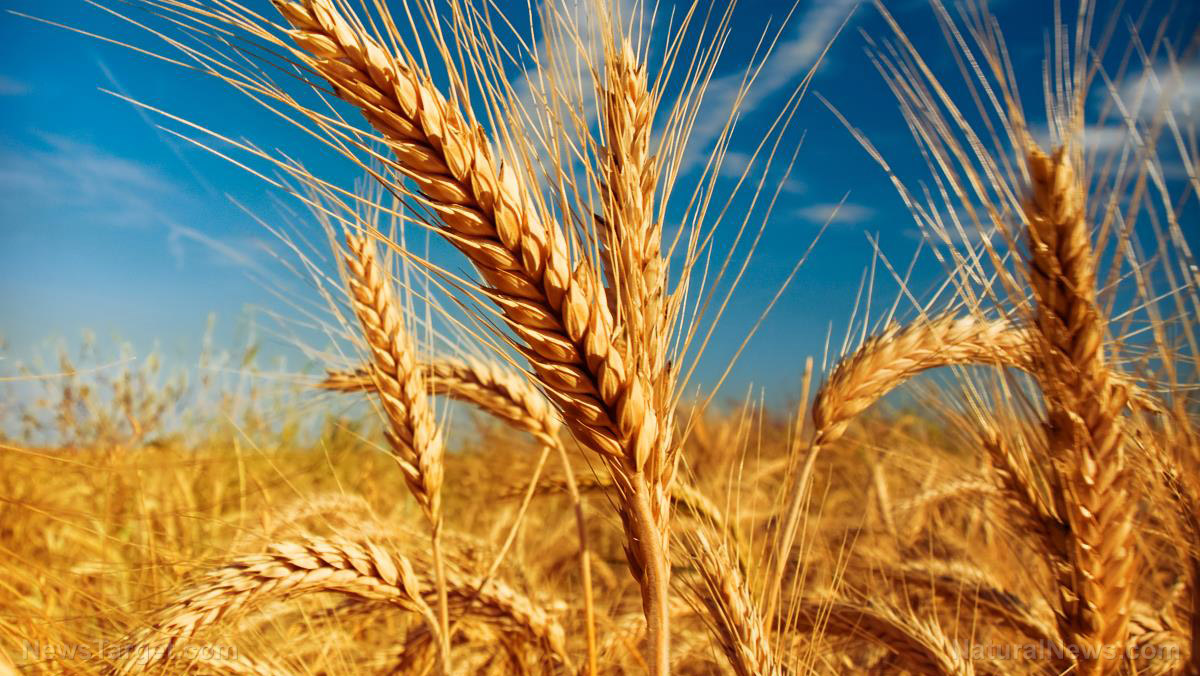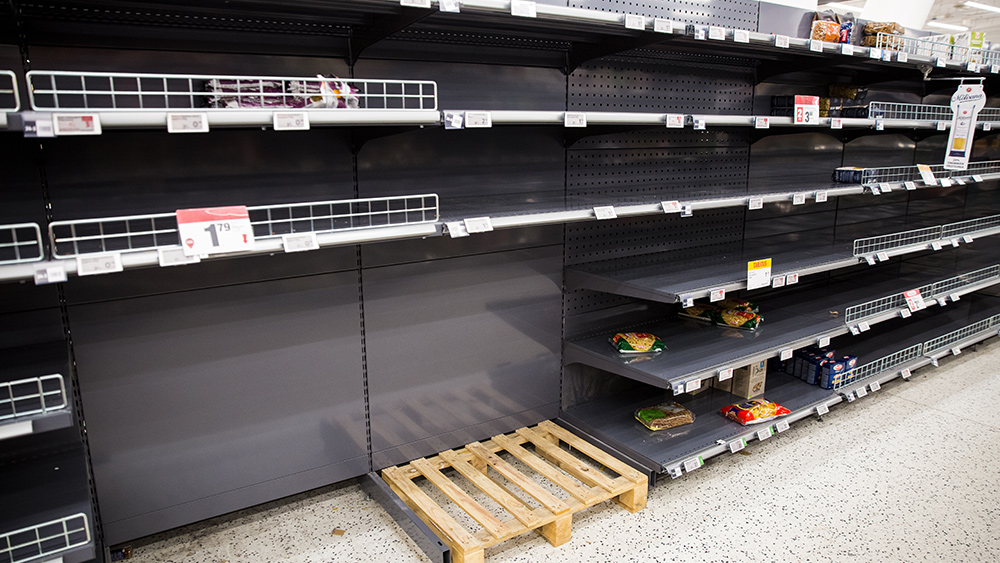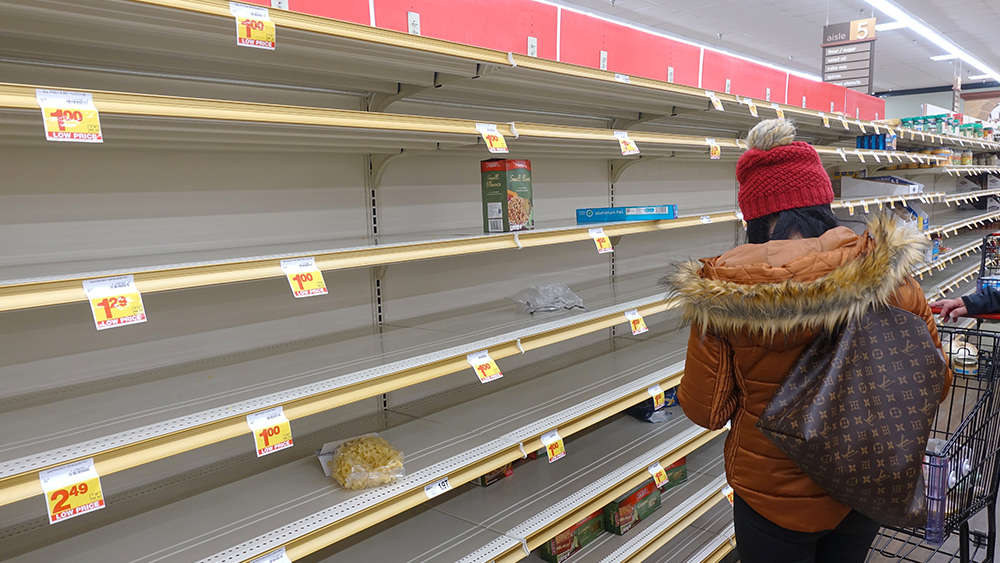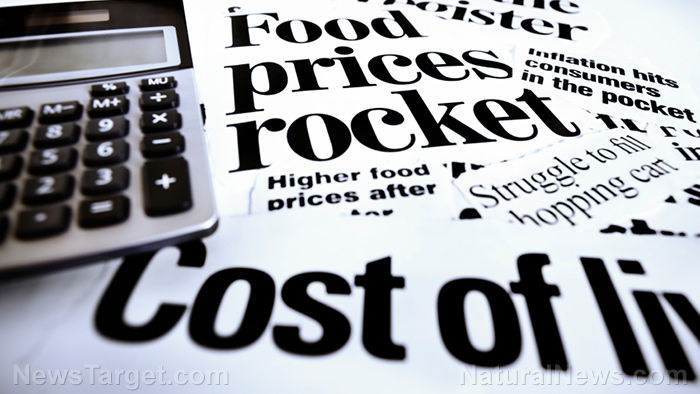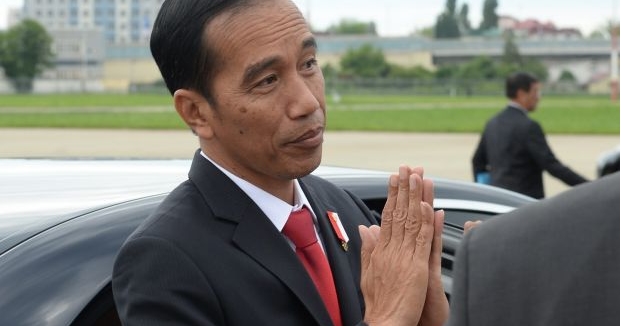Export bans put in place by different nations WORSEN food inflation
06/28/2022 / By Ramon Tomey

Export bans put in place by different nations across the globe risk worsening food inflation that has been burdening people as of late.
A June 27 analysis by Reuters touched on this matter, particularly zeroing in on India’s wheat export ban. Back in April, Indian Prime Minister Narendra Modi said the country was ready to fill the wheat supply gap originally addressed by Ukraine. India traditionally exports a modest amount of grain, with most of it directed to the domestic market.
The Indian Ministry of Commerce and Industry (MCI) announced on May 12 that it was preparing to send delegations to nine countries to export 10 million tons of wheat. But alarming data – including a sudden drop in wheat harvests following a heatwave and domestic inflation triggered by the Russia-Ukraine war – made New Delhi reconsider.
According to an anonymous government official, the prime minister’s office told the MCI on May 13 – a day after its announcement – to “put the brakes” on wheat exports immediately. A second source familiar with the issue added that inflation data “prompted the government to issue an order” banning wheat exports.
India is a founding member of the World Trade Organization (WTO), having signed the agreement that gave birth to it in 1993. Under WTO rules, members can impose export prohibitions for certain products if they are temporary and required to relieve “critical shortages.”
Piyush Goyal, India’s minister of commerce, said he had been in contact with the WTO and the International Monetary Fund to explain the ban. According to him, the South Asian country needed to prioritize its own food supply, stabilize domestic prices and protect against hoarding.
Meanwhile, neither the MIC nor Modi’s office responded to requests for comment on the matter.
According to Michele Ruta of the World Bank Group (WBG), export restrictions imposed by India and other countries risk worsening food inflation worldwide. (Related: Indonesian President Widodo: Food inflation is DANGEROUS, puts developing nations at risk.)
The lead economist in the WBG’s macroeconomics, trade and investment global practice explained that with export bans further tightening the food supply, other countries may follow suit and impose similar prohibitions. This, he added, causes a domino effect that pushes food prices higher.
Other countries followed suit with export bans
The Reuters analysis also discussed similar export bans announced by other countries.
Back in April, the Southeast Asian nation of Indonesia announced an export ban on palm oil that took effect on April 28. Indonesian President Joko Widodo said in a television broadcast the prohibition sought to ensure ample cooking oil supply for domestic markets after a dramatic increase in vegetable oil prices.
“I will monitor and evaluate the implementation of this policy so availability of cooking oil in the domestic market becomes abundant and affordable,” he said.
Less than a month later, the Indonesian leader lifted the ban on palm oil exports. Widodo explained that the supply of bulk cooking oil had now reached a level greater than necessary – making any bans unnecessary.
“In several regions, I know the prices of cooking oil were still relatively high. But I believe [that] in the coming weeks, they will be more affordable,” he said. “Although exports are being reopened, the government will continue to closely supervise and monitor [the market] to ensure demand is being met with affordable prices.”
In a similar vein, Malaysia announced a ban on chicken exports on May 23. The ban, which sought to ensure sufficient supply in the domestic market, took effect on June 1.
“The government’s priority is our own people,” said Malaysian Prime Minister Ismail Sabri Yaakob in a statement. He added that authorities in the country will investigate allegations of cartel pricing, promising “stern action” against those found sabotaging the food supply.
Malaysia has not set a date as to when the export ban will be lifted, only saying that it will remain in place “until domestic prices and production stabilize.”
Learn more about how export bans contribute to higher food prices at FoodInflation.news.
Watch Mike Martins talking about India’s wheat export ban below.
This video is from the Mike Martins Channel on Brighteon.com.
More related stories:
Wheat prices set record highs following India’s export ban.
3 Reasons why CHICKEN prices are set to rise across the world.
Heatwave destroys wheat crops in India, accelerating global food collapse.
Indonesia bans edible oil exports (i.e., palm oil), sparking global “mayhem.”
BAD POLICY: Indonesia LIFTS BAN on palm oil exports as domestic cooking oil prices plunge.
Sources include:
Submit a correction >>
Tagged Under:
big government, chaos, collapse, crops, export bans, food collapse, food exports, food inflation, food prices, food rationing, food scarcity, food supply, India, Indonesia, inflation, Malaysia, palm oil, panic, supply chain, wheat
This article may contain statements that reflect the opinion of the author
RECENT NEWS & ARTICLES
FoodRiots.news is a fact-based public education website published by FoodRiots.news Features, LLC.
All content copyright © 2021 by FoodRiots.news Features, LLC.
Contact Us with Tips or Corrections
All trademarks, registered trademarks and servicemarks mentioned on this site are the property of their respective owners.

